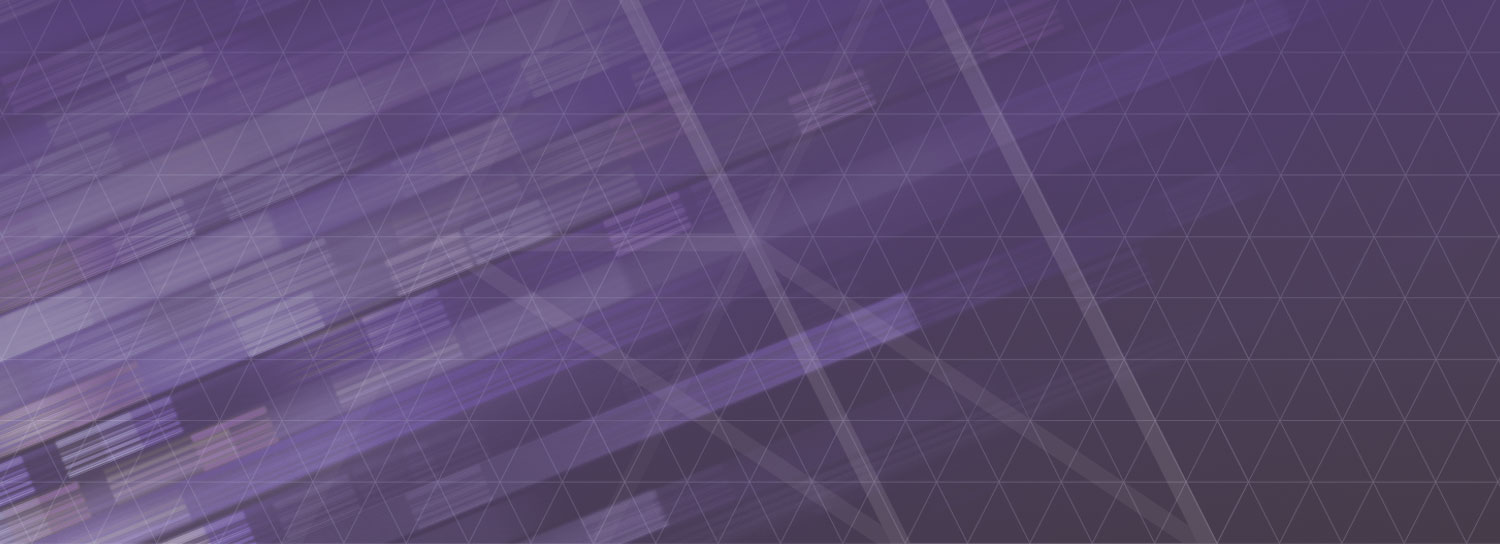
The Multiplicative Power of AI in the Workforce
Elevating Talent or Amplifying Flaws?
In the rapidly evolving landscape of technology, Artificial Intelligence (AI) stands out as a revolutionary force, fundamentally transforming how we work, innovate, and solve problems. With its unparalleled efficiency, AI acts as a production multiplier, capable of enhancing productivity and fostering innovation at scales previously unimaginable. However, this capability brings to the forefront an imperative consideration: the quality of the human workforce interacting with these advanced systems.
As AI becomes increasingly integrated into various sectors, the distinction between augmenting brilliance and amplifying inefficiencies becomes more pronounced, making the selection of talent more crucial than ever.
Amplifying Excellence: The Synergy of AI and Top Talent
At its best, AI serves as a lever that top talent can use to achieve greater heights. For skilled professionals, AI tools can expedite tasks not limited to code development and operational deployments across languages and platforms if the general technological knowledgebase is there. In essence, AI can reduce time to market deliverables and enable professionals to focus on innovation rather than routine. The use of AI can reduce learning curves for new technologies which is imperative to continuously grow professionally and keep up with the unprecedently fast-changing landscape. This synergy between AI and human intelligence creates a virtuous cycle, where high-quality input leads to superior outputs, driving progress and efficiency across industries.
The implications are clear: in an AI-augmented workplace, the value of highly skilled employees escalates. Their ability to leverage AI tools effectively not only enhances their productivity but also propels the organization forward. A key organizational differentiator will continue to be the ability to attract and retain exceptional talent, as their amplified capabilities can significantly impact the organization's success.
The Risk of Multiplying Flaws: AI and the Quality of Input
However, the transformative power of AI comes with a caveat. Just as it can amplify excellence, AI can also illuminate shortfalls, particularly when used by those with less skill or understanding. When individuals with poor programming practices or insufficient problem-solving skills employ AI in their workflows, the risk is twofold. First, there's a significant chance that AI will slow progress and introduce errors in their work, leading to suboptimal outcomes. Secondly, when problems arise—as they inevitably do in any complex system—the ability of these individuals to troubleshoot and rectify issues may be compromised.
This phenomenon brings to light a critical aspect of integrating AI into workplace employee development (and education generally): the need for a foundational level of skill and understanding among employees. It's not enough to simply deploy AI tools; organizations must also ensure that their workforce is equipped to use these tools effectively. This involves not just technical training, but also fostering a culture of continuous learning and adaptability, ensuring that employees can evolve alongside the technology they use.
Navigating the AI Revolution: The Imperative of Quality Talent
As AI continues to redefine the parameters of productivity and innovation, the imperative for organizations is clear: prioritize the acquisition and development of high-quality talent. In the age of AI, the human element remains irreplaceable, serving as the critical link between potential and achievement. Investing in employee development, promoting a culture of learning, and ensuring a deep understanding of general technology (cloud platforms, databases, coding languages, etc.) alongside AI technologies are vital steps in maximizing the benefits of AI while mitigating its risks.
Moreover, organizations must be vigilant in their deployment of AI tools, recognizing that these technologies are not a panacea but rather a means to augment human capabilities. By aligning AI strategies with the skills and strengths of their workforce, organizations can create a symbiotic relationship between man and machine, where each complements and enhances the other.
In conclusion, as AI reshapes the future of work, the value of exceptional talent has never been more pronounced. In a world where AI multiplies outcomes, the distinction between elevating innovation and amplifying shortfalls hinges on the quality of the workforce. Thus, in the era of AI, investing in great people is not just important—it's imperative.